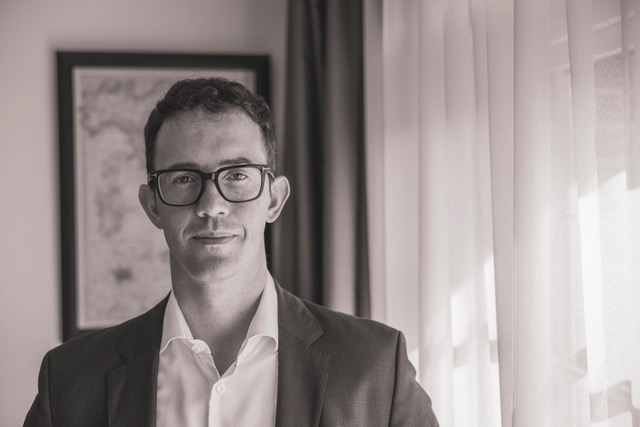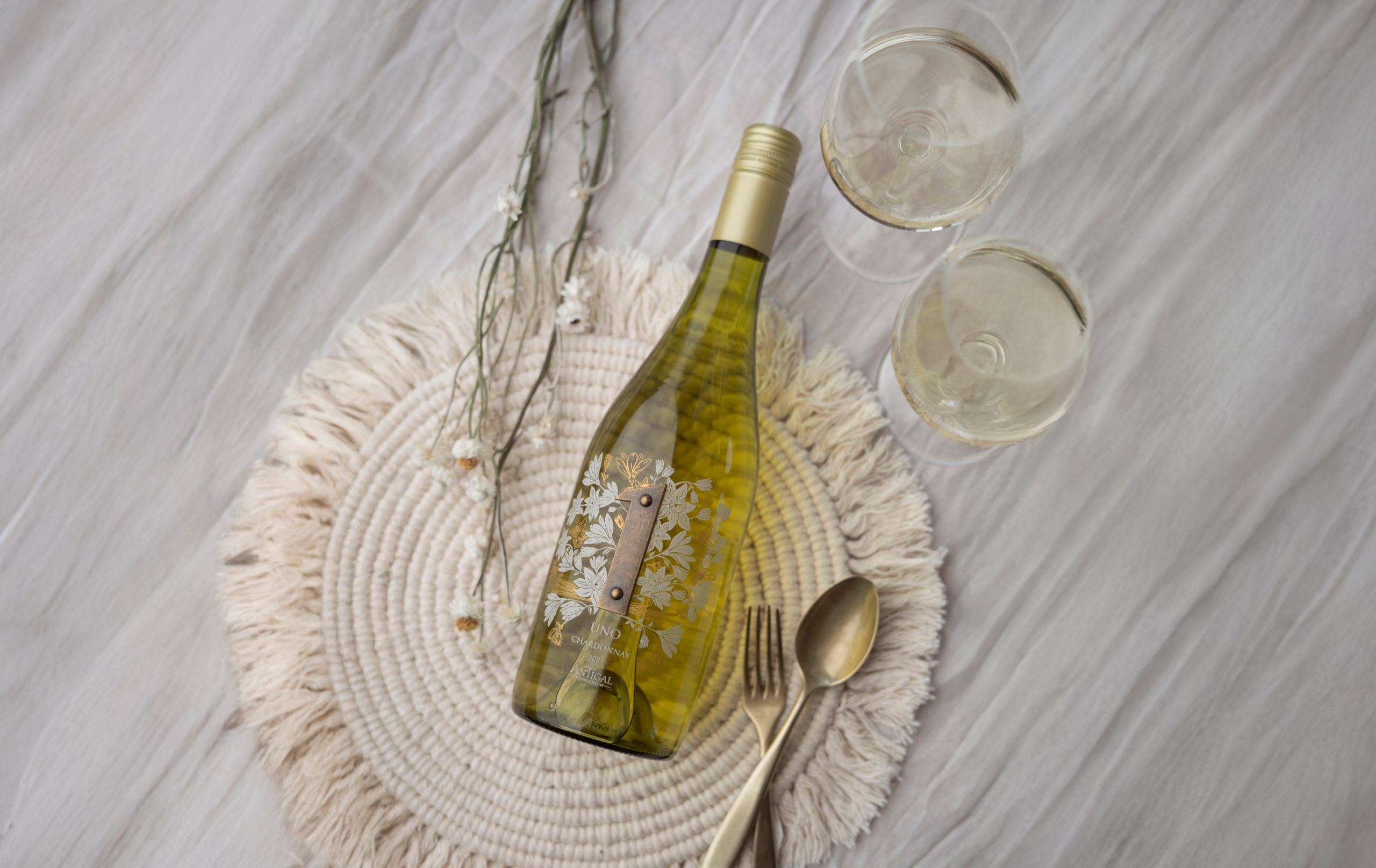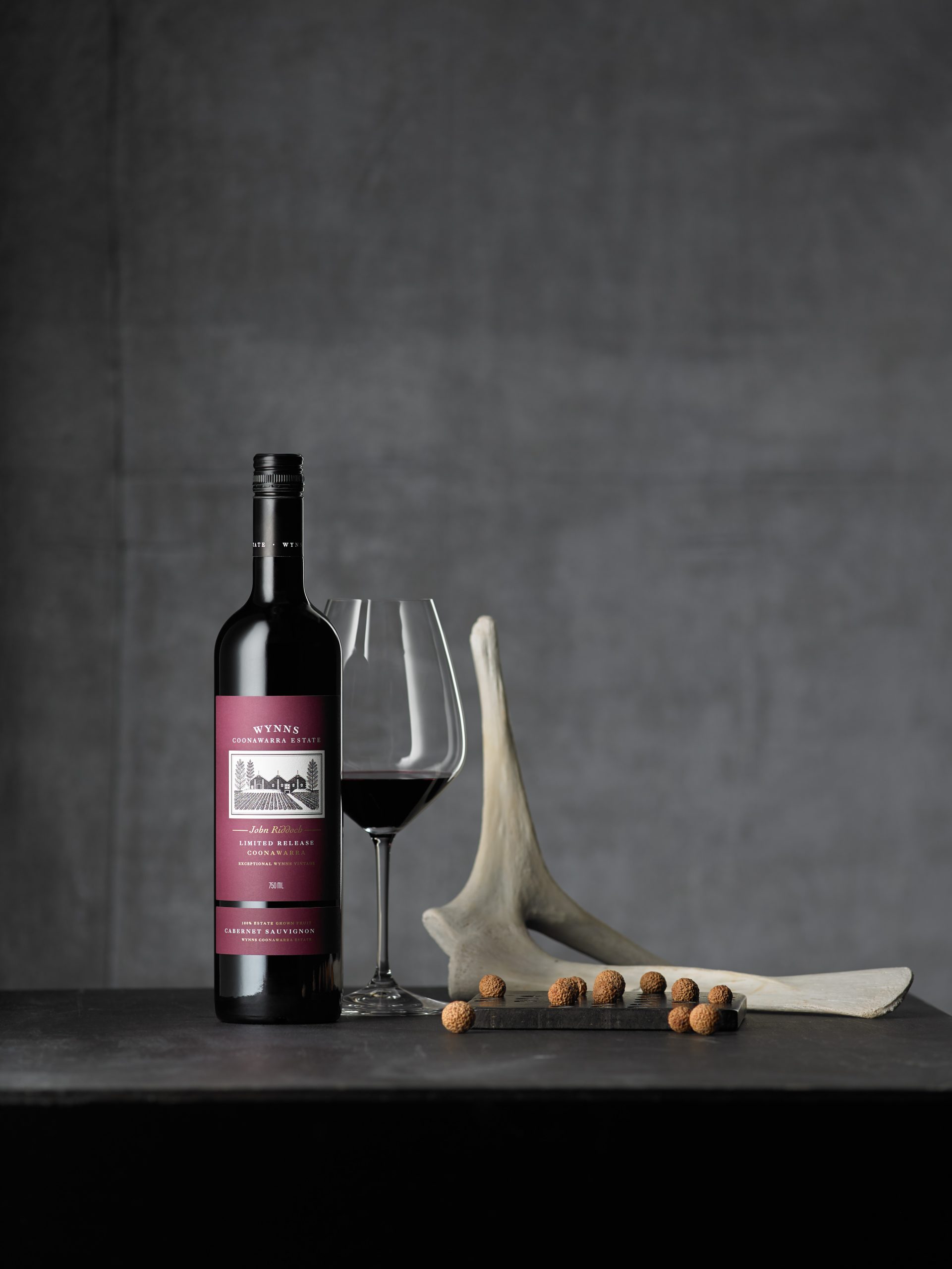Q&A: Benjamin Hasko on becoming a Master of Wine and Master Sommelier
The beverage director at Singapore’s famed Cloudstreet takes stock of his latest achievement and talks to Nimmi Malhotra about Singapore’s high buying power in wine.

Hasko MS MW is the fifth person in the world to earn the dual distinction of Master of Wine (MW) and master sommelier (MS).
He signed for the two programmes simultaneously in 2015 and earned the MS post-nominals in record time – it took him a single attempt and a single year to pass.
The MW programme proved much more challenging, and after a nine-year run, it came down to the wire. “This was my final opportunity to submit a MW Research Paper,” he says.
“That call on Friday from the Institute of Masters of Wine was going to be the last, one way or another. So, in many ways, it feels like the start of a new chapter — I just don’t know what it is yet,” he shared days after the call.
Born in the UK and brought up in Sydney, Australia, Hasko was on the path to becoming a civil engineer until he hedged his bets on a career in wine. His childhood trips to French vineyards, as well as his father’s extensive wine collection, shaped his vinous passion.
At university, Hasko was bidding on Chateau D’Yquems on auction while still on a tight student budget. It wasn’t long before he applied for a sommelier job in Sydney and enrolled in both WSET and Court of Master Sommeliers courses.
He sailed through the sommelier exams, and engineering finally gave way to a full-blown career in wine across two continents. Next on the list was attaining the MW.
Hasko’s Australian resume boasts of positions at Neil Perry’s Rockpool, three hatted (the Australian equivalent of Michelin stars) Vue de Monde and a wine import enterprise he ran with his father.
Based in Singapore since 2019, he has worked as the beverage director at Cloudstreet group of restaurants. Hoe continues to import a portfolio of sustainable wines from the lesser-known regions of Northern Italy, Germany and Central Europe on the side.
Somewhere between work and a boisterously active family of three kids under six, he finds time to teach and invigilate at the Court of Master Sommeliers and generously offers pro-bono support to any wine student who seeks his advice on examinations or tasting.
Admired across Singapore for his reflective, thoughtful and studied observations, Hasko spoke to db over a glass of celebratory Champagne about how he navigated his way through two big titles and shared insights into the Singapore market.
You’re one of five people who can write MS and MW after their name, and with that, you join the ranks of the late Gerard Basset, Ronn Wiegand and Doug Frost. How does it feel to earn that distinction?
That part is still sinking in. Since I started the programmes my focus has always been to try to complete them and not dwell too much on what they would mean.
Partner Content
Gerard Basset was so influential in the wine world that it’s difficult to draw comparisons, particularly for sommeliers. He mentored a generation of sommeliers who continue to shape the industry today.
For the moment, I’m enjoying taking a break from studying and spending more time with my family.
How did you navigate your way through multiple exams, full time work and MW dissertations?
I think a lot of the exams are a mind game — my mentality was to be as prepared as I could possibly be. I put a lot of time and effort into how I stay calm and how to perform at my best in a stressful situation. For instance, when I stayed with a friend in Wimbledon before exams and I’d go for runs on the Common and I found a yoga studio. I found that really helped.
Now that you’re finally done with study, how did you celebrate?
When I finished the MS, I still had the MW going. It wasn’t an end to studying for me and there was no pause in between. If anything, it was more like a sense of relief because I didn’t know how I could have done all that study at the same time since the programmes are so different.
After passing the MW, we celebrated with some nice bottles with friends and family, ranging from Champagne to a couple of older bottles of Penfolds Grange. I was married in San Sebastian, and we went back to celebrate our anniversary with the family in October; it was amazing to return and enjoy some beautiful wines and great meals. Now, I’m looking forward to the graduation ceremony in November in London.
Singapore has been home for over five years now. What are some of the unique attributes of this market that stand out to you?
I’ve had firsthand experience with different sides of the market through my work as both an importer and building the wine programme for Cloudstreet and the group.
Singapore has built this reputation as a wine gateway to Asia. As a result, a lot of European, American, Australian, and New Zealand wineries want to be in the Singapore market. But there is not necessary the customer education to pull it through. Also, Singapore acts as a regional re-export hub — there is always a lot of wine moving through the market.
From a wholesale buying perspective, I think Singapore is one of the most exciting markets I’ve ever been in. The allocations of wines from around the world are accessible here. Then, our buying power here is so high. In Australia, I would struggle to get hold of the wines we’re able to for Cloudstreet.
It’s also an amazingly fragmented market. There are an enormous number of importers for a relatively small market, which creates a lot of fragmentation. Buyers must work with a large number of importers to achieve a balanced and diverse offering.
When it comes to retail, I think it’s far more limited. We’ve got retailers like 1855, Wine Connection, Crystal Wines, The Oak Cellars and that’s probably the bulk of the purchasing in Singapore. Retail buyers are either working with several small importers or purchasing predominately from supermarkets and chain stores.
I think where Singapore is quite interesting and dynamic is that everybody’s different. You cannot judge somebody based on their appearance. You have no idea if somebody who comes in shorts and a T-shirt is a billionaire or not.
What’s next for you?
It’s been such a roller coaster that I didn’t give a lot of thought to what comes next. I enjoy working with Cloudsteet and Rishi [Naleendra]. I import wines that I find really exciting, and I have really good opportunities to educate and facilitate the Court of Master Sommeliers. Looking for my vantage point, it’s not a terrible situation to start from.
Related news
Roberto Duran MS swaps 67 Pall Mall for new wine room in Singapore
Exclusive: Jigger & Pony to open two new venues in Singapore
Singapore’s homegrown booze brands get the Formula 1 treatment




